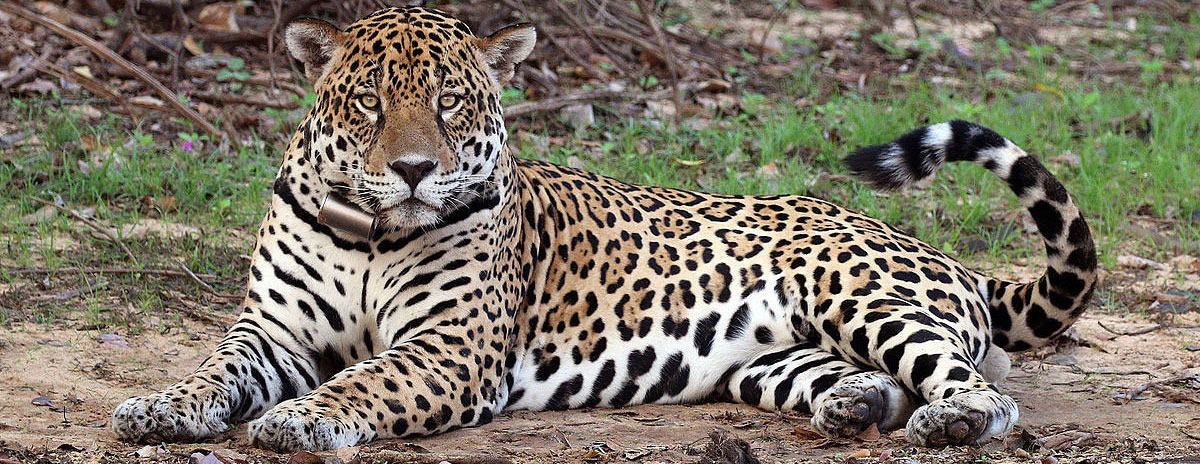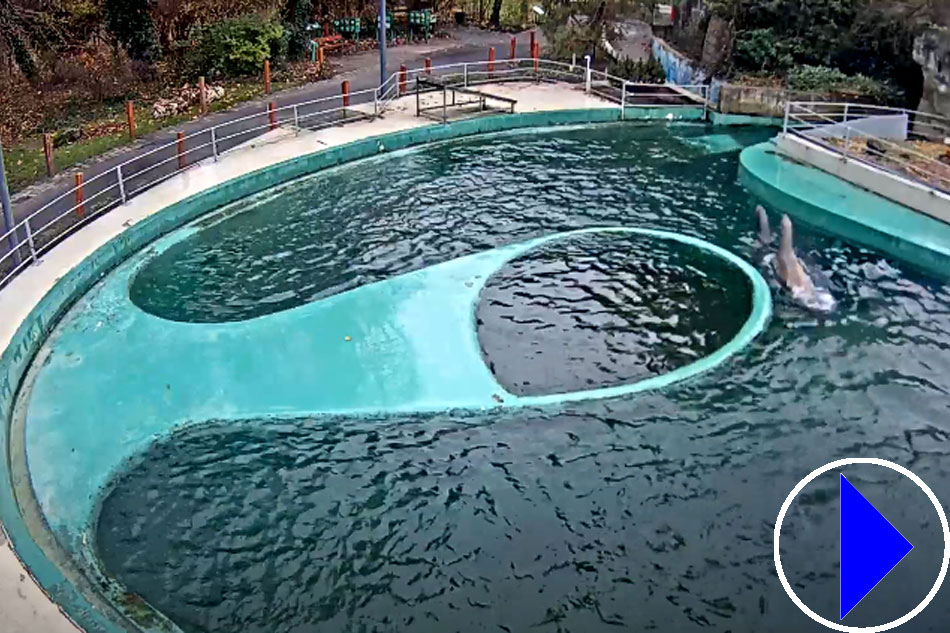Sea lions are pinnipeds (carnivorous, fin-footed, semiaquatic marine mammals) and are the youngest group of marine mammals, originating about 25 million years ago. The sea lions ancient ancestors were land animals somewhat similar to bears. They are therefore closely related to modern bears, as well as the mustelids (weasels, skunks, otters and kin). As such, they have a simple stomach that is similar in structure to that of terrestrial carnivores, as well as non-retractable claws on both their fore and hind flippers.
The sea lions entire body is designed for life in the water, with a smooth, torpedo shaped torso and flattened, powerful flippers. They can dive as deep as 900 feet and remain submerged for over half an hour. Sea lions have a flexible neck and backbone, allowing them to make extremely sharp turns in the water. On land, sea lions appear relatively cumbersome, but, unlike the "true seals", they can lift their bodies up off the sand and walk on all fours, and even move quite quickly when needed.
Sea lions are found in different aquatic habitats, depending upon the species. Sea lions live in very large social groups called colonies. They will come together to sunbathe in masses of hundreds, and take to the beach to mate and raise young in tightly packed gatherings of thousands. They tend to congregate on both sandy shores and rocky outcrops, as well as marinas and buoys.
Hunting areas for prey range from protected bays to water hundreds of miles off shore. Sea lions have very sensitive whiskers, known as “vibrissae.” At around 30cm, these are the longest whiskers of all mammals and can sense vibrations under the water, helping sea lions detect their prey even in murky water. Sea lions will feed on a wide variety of seafood, including squid, clams, salmon, anchovy, dogfish, herring, lamprey, and whiting.
Additional Information:


